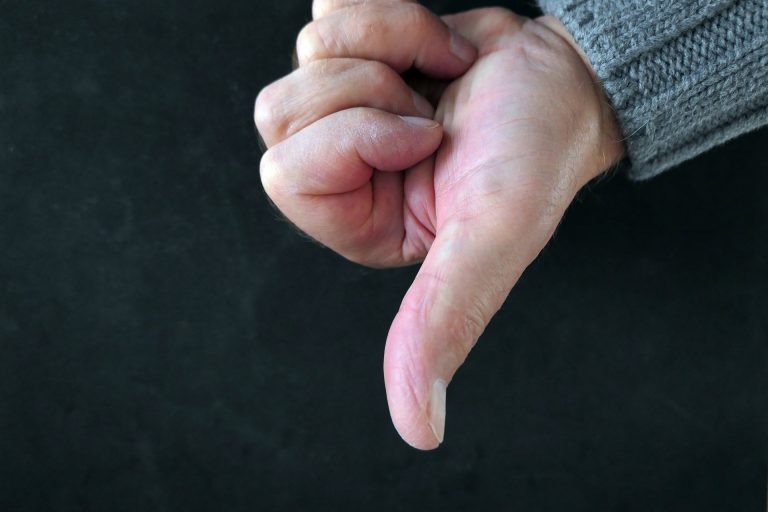The Kansas legislature has voted to override state Democrat Governor Laura Kelly’s recent vetoes on three bills linked to strengthening election integrity, ensuring rights of gun owners, and income taxes paid by citizens. With regard to election laws, two bills were overridden by the Republican-led legislature – House Bill 2332 and House Bill 2183.
House Bill 2332 seeks to prevent judicial and executive branches of the government from making changes to election laws. Moreover, it also prohibits the Secretary of State from entering into consent decrees with courts in cases where they have not secured approval from the legislature. Consent decree is a type of settlement that resolves disputes between two parties without admitting liability or guilt in a civil or criminal case respectively.
House Bill 2183 limits who can return the mail-in ballots while making the act of a single person returning over 10 mail-in ballots a misdemeanor. It bans the Secretary of State from extending deadlines for mail-in voting, mandates signatures on a mail ballot to match with the voter signatures stored on file, and deems it illegal to backdate a postmark on a ballot.
In addition, election offices are barred from accepting money from outside entities. “No election official shall knowingly accept or expend any moneys, directly or indirectly, from any person, except as provided in any acts of appropriation or as otherwise provided by law, for any expenditures related to conducting, funding, or otherwise facilitating the administration of an election pursuant to law,” states the bill.
Democrat opponents of the two election bills have criticized that the new measures will make it harder for people to vote. Democrat Senator Ethan Corson accused that the bill will “undoubtedly” lead to several years of costly taxpayer-funded litigation. Republican Senator Larry Alley said that the new bills will give people “confidence in our election system.”
Success
You are now signed up for our newsletter
Success
Check your email to complete sign up
The gun bill vetoed by Governor Kelly was approved by the House with an 84-39 vote. In the Senate, the bill was passed with a 31-8 majority. The new laws reduce the minimum age required for concealed carry to 18 from the earlier age of 21. Those between the ages of 18 and 20 will have to pass training and carry a permit to exercise the right. The laws also recognize concealed carry rights of other states as valid in Kansas. Finally, it enables people who have committed minor crimes and had a judge to expunge those crimes to once again become eligible to bear arms.
Kansas’ new gun laws come as President Joe Biden has been pushing for stricter gun controls to be implemented in the country. Critics of the bill have argued that lowering the age limit for concealed carry poses a serious risk, with Democrat lawmaker Louis Ruiz saying that 18 to 20-year-olds lack the maturity to handle guns even if they are trained.
“The governor in her message indicated that she has always supported the Second Amendment… Well, I find that hard to believe sometimes because we already have 18-year-olds that can carry a gun [openly] in the state of Kansas,” Republican Representative John Barker said to The Epoch Times.
The tax bill that had been vetoed by the governor was passed 30-10 in the Senate and 84-39 in the House. It will provide tax relief for businesses and individuals who have been paying excess state income taxes due to a change in the federal tax laws implemented back in 2017. The new tax measures are expected to save taxpayers in the state around $284 million over a three-year period. Republican Senator Jeff Longbine called the new tax rules as correcting a “huge injustice” on the middle-class taxpayers.
“Beginning in tax year 2021, the bill provides individual income taxpayers the option to take Kansas itemized deductions regardless of whether deductions are itemized or the standard deduction is claimed for federal income tax purposes… The bill, beginning in tax year 2021, increases the standard deduction amounts to $3,500 for single filers, $6,000 for single head-of-household filers, and $8,000 for married filers filing jointly. These amounts are currently set at $3,000, $5,500, and $7,500, respectively,” says the bill.
















